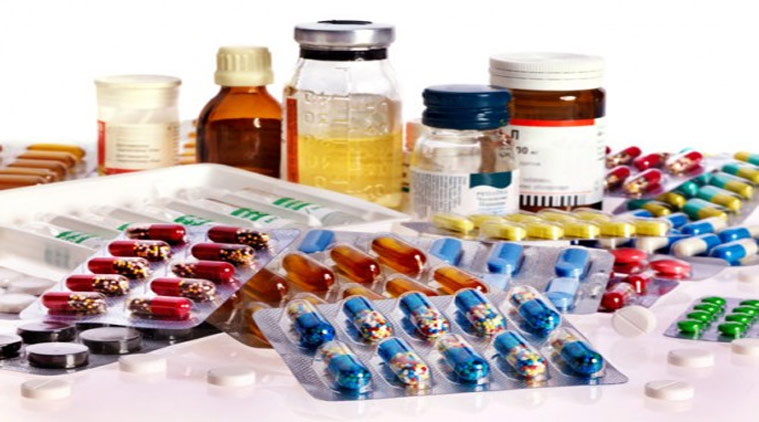
NEW DELHI: An expert panel formed by an apex advisory board on drugs to review the “safety, efficacy and therapeutic justification” of 349 fixed dose combination (FDC) medicines, which were banned in 2016, have backed the Health Ministry’s decision to ban the drugs, barring six of them. The panel set up by the ministry has submitted its recommendations to the Drugs Technical Advisory Board (DTAB), which will forward the same to the health ministry soon, a government official said.
After reviewing the 349 FDCs, the panel had recommended that 343 of them should be banned, while the remaining six drugs be restricted or regulated. The Supreme Court had last year directed the DTAB to review the safety, efficacy and therapeutic justification of the 349 FDCs, following which a sub-committee was formed to re-examine them.
FDC means a combination of two or more drugs in a fixed dosage ratio. The banned FDCs include painkillers, anti-diabetic, respiratory and gastro-intestinal medicines. Meanwhile, the All India Drugs Action Network (AIDAN) welcomed the DTAB sub-committee’s report, saying it reinforced their consistent demand for approval, and use, of only rational medicines in India.
“Rationality needs to be demonstrated by safety, efficacy and therapeutic justification. None of the FDCs meet the criteria of a rational and safe drug. The people of India have been made the consumers of unsafe medicines for too long and this is one step towards rectifying the grave situation of a pharmacy market brimming with innumerable irrational FDCs,” AIDAN said in a statement, “Finally, we are appalled at the pharmacy industry’s disinformation and claims that the recommendations of the sub-committee will deal a huge blow to it. We ask how an important action in favor of safe medicines can be construed as a ‘blow’ and object to such misleading propaganda,” it added.
In 2016, the Health Ministry had banned 349 FDCs claiming they were “unsafe” and irrational for consumption. The move was estimated to affect around 6,000 medicine brands. Hundreds of pharmacy companies moved the Delhi High Court against the move, following which the ban on the manufacture and sale of these medicines was lifted later that year.
The government then approached the apex court, which in December, 2017 mandated that DTAB decide the fate of these FDCs. PTI







